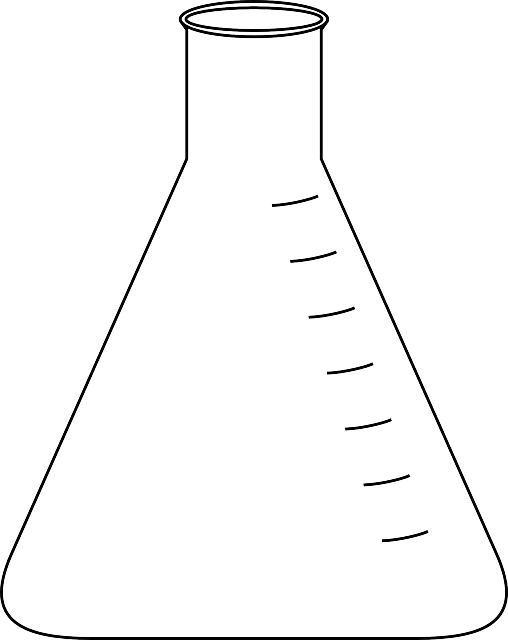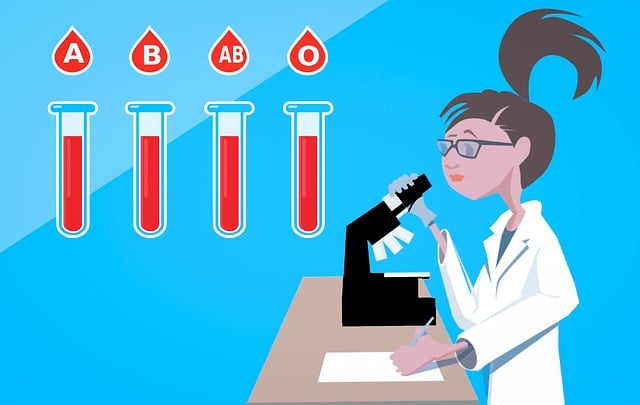Professional mold inspections are crucial for insurance claims involving potential mold issues, especially after water damage. Trained experts use advanced techniques and laboratory analysis to accurately identify, assess, and document mold growth in older homes or poorly ventilated buildings. These detailed reports assist insurance adjusters in making informed decisions regarding coverage, settlements, and remediation steps, ensuring proper compensation for repairs.
“In the event of water damage or moisture intrusion, understanding when to initiate a professional mold inspection becomes crucial. Insurance companies often mandate mold testing as part of their claims process, ensuring thorough assessment and risk management. This article guides homeowners through the essential aspects of insurance-required mold testing. We explore why professional mold inspections are vital, how they aid in navigating insurance claims, and the key role expert reports play in this complex landscape.”
- Understanding Insurance Requirements for Mold Testing
- When Professional Mold Inspection is Necessary
- Navigating Claims: Role of Mold Testing Reports by Experts
Understanding Insurance Requirements for Mold Testing

When it comes to insurance claims involving potential mold issues, understanding the requirements for mold testing is crucial. Many insurance policies mandate a professional mold inspection as a necessary step in assessing and resolving such claims. This is because mold-related problems can be complex and often require specialized knowledge to identify and accurately report.
During a professional mold inspection, trained experts use advanced techniques and equipment to detect the presence, type, and extent of mold growth. They meticulously examine affected areas, collect samples for laboratory analysis, and document findings with detailed reports. These comprehensive assessments help insurance adjusters make informed decisions regarding coverage, settlement offers, and necessary remediation steps.
When Professional Mold Inspection is Necessary

In many cases, insurance companies won’t cover mold-related damages unless extensive water damage has occurred and a professional mold inspection is initiated. This is because hidden mold growth can be difficult to detect, often requiring specialized equipment and expertise. A professional mold inspection involves a thorough assessment of your property by certified specialists who use advanced techniques such as moisture meters, air sampling, and visual inspections to identify any signs of mold or mildew.
This meticulous process is crucial in determining the extent of the problem, pinpointing the source of moisture intrusion, and suggesting effective remediation strategies. It’s particularly important for older homes or buildings with poor ventilation where mold might have developed unnoticed over time. By contrast, minor incidents of visible mold can often be addressed through DIY methods, but a professional evaluation ensures that any hidden issues are fully addressed to prevent future health risks and costly repairs.
Navigating Claims: Role of Mold Testing Reports by Experts

Navigating insurance claims for mold-related issues can be complex, but professional mold inspection plays a pivotal role in this process. When dealing with potential mold growth, especially after water damage or in older properties, expert mold testing is crucial. These professionals are trained to conduct thorough inspections, collect samples, and analyze them in laboratories to identify the type and extent of mold contamination.
The resulting mold testing reports provide invaluable insights for insurance companies and policyholders alike. They help determine the source and cause of the mold, which is essential for accurate claim assessment. Insurance adjusters use these reports to make informed decisions about coverage, ensuring that any repairs or remediation are appropriately compensated. For policyholders, having a comprehensive mold testing report can strengthen their claims, demonstrating the necessity for specific measures taken to address the issue.






